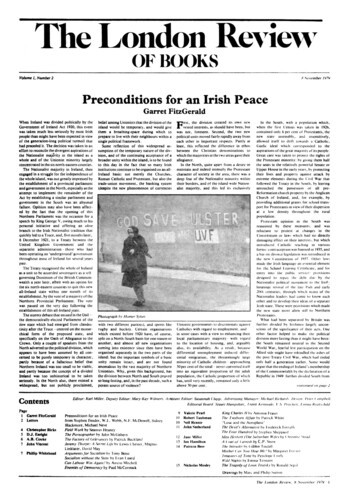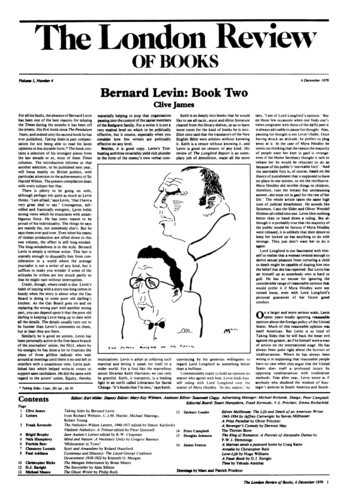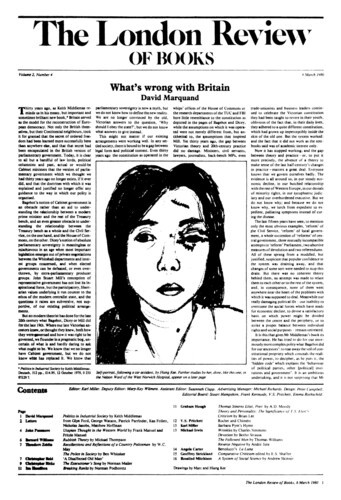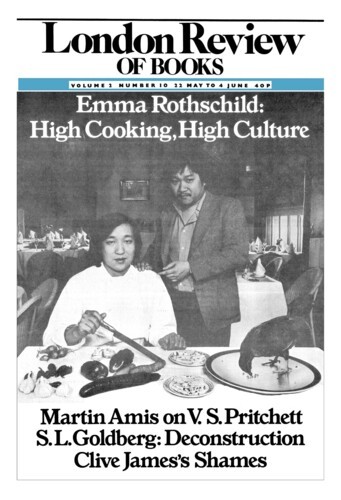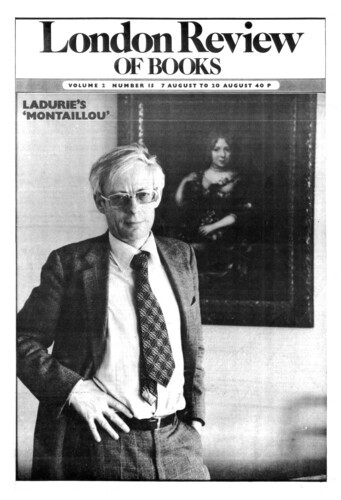Gary Gilmore robbed the unresisting service-station attendant, told him to liedown, and then shot him in the head. Twice, fast. The next day, Gilmore robbed the unresisting motel-manager, told him to lie down, and then shot him in the head. Once only, because the gun jammed, and so the man died slowly. Convicted, Gilmore chose to die as quickly as the law would allow, and chose to be shot. He had spent 18 of his 35 years locked up, and he wanted no more of it, knowing that whatever lifetime he might gain could be only a death-watch.He waived his right of appeal, and flung himself on the justice of the courts. That shook them. But in the end, in January 1977, after every stay of execution had been prised off by the combined efforts of Gilmore and his prosecutors, Gilmore’s bad life came to a good end. He was then brave. He was dignified. Generous, too, giving his eyes to someone young who needed them, and giving his pituitary gland to the sick child of his cousin Brenda, the woman who, though she still loved him and had been the one to get him released on parole only nine months earlier, had since turned him in and had given her undeviating testimony. Gilmore was generous, and humorous with it. ‘Well,Moody, I’m going to leaveyou my hair. You need it worse than Ido.’ Thy need, or necessity or whatever, is greater than mine.
Gary Gilmore robbed the unresisting service-station attendant, told him to lie down, and then shot him in the head. Twice, fast. The next day, Gilmore robbed the unresisting motel manager, told...
